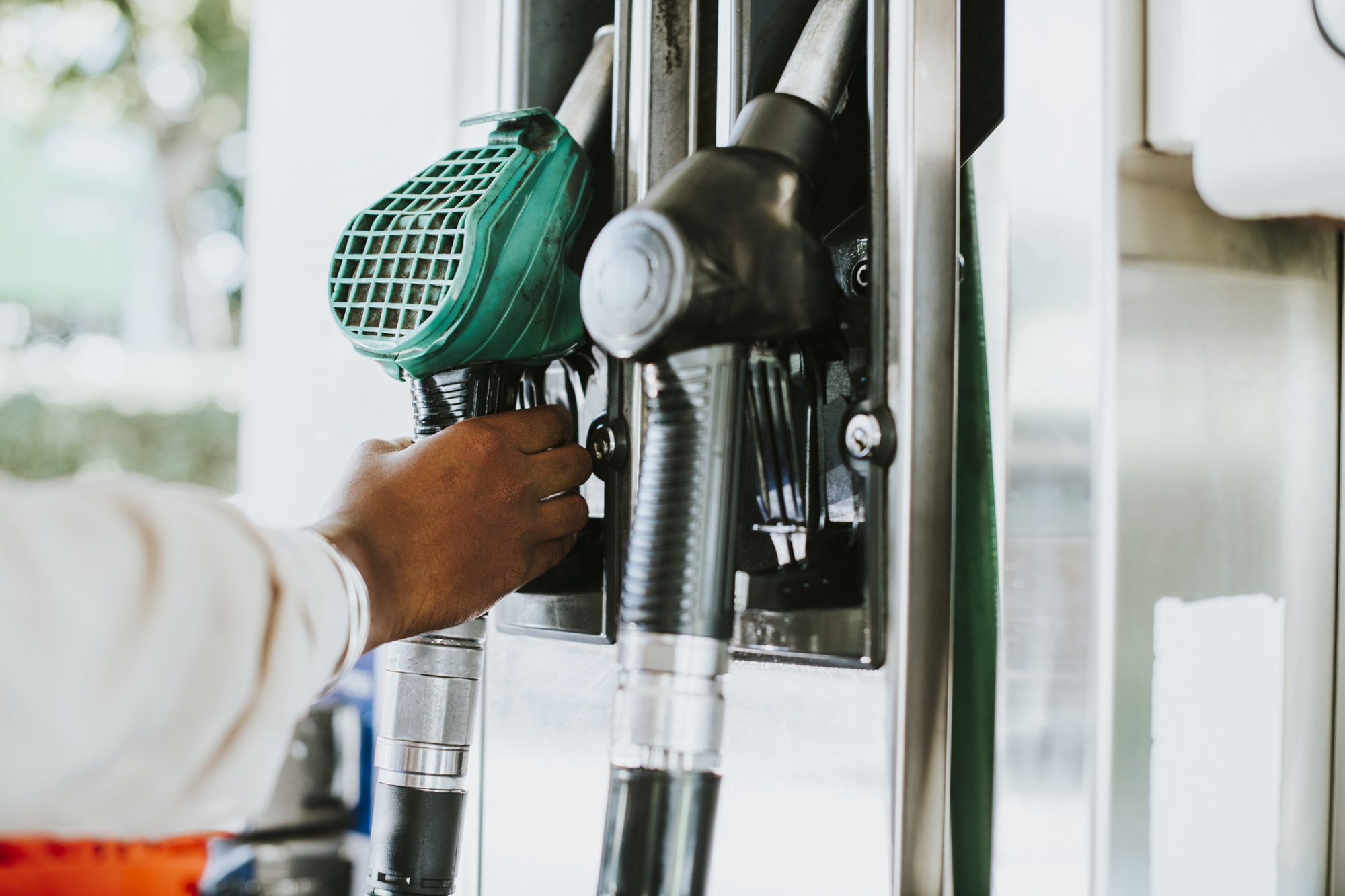What Car Oil Do I Choose?
If you are like me – you want to know more about the oil and what the numbers and letters mean on the bottle – here is a brief explanation. Equally, you can log on to several websites that can advise you on what oil you need, based on the make and model of your car.
Viscosity means a fluid’s resistance to flow. In motor oil, it’s rated at zero degrees Fahrenheit (represented by the number preceding the “W” for winter) and at 212 degrees (represented by the second number in the viscosity designation).
Motor oil thins as it heats and thickens as it cools. So, with the right additives to help it resist thinning too much, an oil can be rated for one viscosity when cold, another when hot. The more resistant it is to thinning, the higher the second number (10W-40 versus 10W-30, for example), and that’s good. Within reason, thicker oil generally seals better and maintains a better film of lubrication between moving parts – and this is what you want to keep your car, a bit like ensuring the bones and joints in the human body are lubricated to stop aches/pains and arthritis.
Low Temperature
At the low-temperature end, oil has to be resistant to thickening so that it flows more easily to all the moving parts in your engine. Also, if the oil is too thick, the engine requires more energy to turn the crankshaft, which is inside a bath of oil. Excessive thickness can make it harder to start the engine, which reduces fuel economy. A 5W oil is what recommends for winter use. However, synthetic oils can be formulated to flow even more quickly when cold, so they can pass tests that meet the 0W rating.
Example Temperature
Once the engine is running, the oil heats up. The second number in the viscosity rating—the “40” in 10W-40, for example—tells you that the oil will stay thicker at high temperatures than one with a lower second number—the “30” in 10W-30, for example. What’s important is that you use the oil viscosity your car’s owner’s manual recommends.
In temperatures that soar past the 40 degrees in the UAE, it’s always wise to purchase an oil that ends in 40 – or you can ask a professional or go to one of our partners like Profix Autocare and have them change your oil.
Synthetic Or Premium Conventional Oil
Premium conventional oil is new-car oil. All leading brands have one for service level SL, available in several viscosities. Carmakers usually specify a 5W-20 or 5W-30 oil, particularly for lower temperatures, with a 10W-30 oil as optional, particularly for higher temperatures, like the UAE.
Synthetic oils are made for high-tech engines, whether in a Chevy Corvette or Mercedes-Benz, which are full of synthetics. If these oils pass stringent special tests (indicated by their labeling), it means they have superior, longer-lasting performance in all the critical areas, from viscosity index to protection against deposits.
Performance & Engine Smoothness
You also may have noticed some loss of performance and engine smoothness as a result of engine wear on your higher-mileage vehicle. These higher-mileage oils also have somewhat higher viscosities. (Even if the numbers on the container don’t indicate it, there’s a fairly wide range for each viscosity rating and the higher-mileage oils sit at the top of each field).
They also may have more viscosity-index improvers in them. The result? They seal piston-to-cylinder clearances better and won’t squeeze out as readily from the larger engine bearing clearances. They also may have a higher dose of anti-wear additives to try to slow the wear process.
If you have an older vehicle, all of these features may mean more to you than what you might get from a full synthetic, and at a fraction of the price.
Read Also:
Pages:« PREVIOUS 1 2
Originally published May 13, 2020 12:06:00 PM, updated Jun 06, 2024



